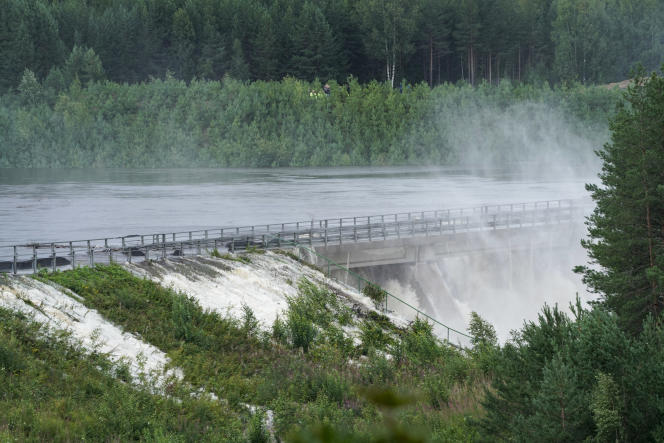Happy residents of Bergen and Oslo, Norway! AFP tells us that the wholesale price of electricity, this Monday, September 4, has become zero or even negative. In other words, the consumer should be paid to consume. Once deducted, of course, the subscription fees and other taxes that weigh down the bills like everywhere in the world. Something to make the French dream, returning from vacation with prices increased by 10% since August.
It is the meeting between low consumption in summer and dams full to bursting following intense rains which caused this astonishing situation. Surprising, but not exceptional. This year alone, many such episodes have occurred. For example in Germany in August, in Finland in May or in the Czech Republic in spring.
The development of solar and wind, and the very nature of electrical energy lead to the multiplication of these events. We are entering an era where it is no longer the production of electricity that costs money, but its storage. What to dream of in the society of “zero marginal cost”a utopian concept invented by Jeremy Rifkin in 2014, which predicted that it would lead to the extinction of capitalism, deprived of the oxygen of profits.
Colossal bill
This is to forget a little too quickly the initial investment cost and the need to save current profits to renew the installations. The critics of the “nuclear rent” in France at the beginning of the 2000s should have projected themselves into the France of the years 2023, which no longer knows very well how it will finance the colossal bill of the energy transition. This is why negative or zero prices are a bad signal sent to investors, attached to the profitability of the money they invest.
Beyond that, these market anomalies, which are repeated more and more often with the massive deployment of renewable energies, remind us of the absolutely strategic importance of electricity storage, a blind spot in all energy policies. The simplest solution is the dam which stores the electrons by raising the water. But the potential is limited in Europe, as it has been widely exploited for more than a century. Remain hydrogen and batteries. The progress is notable, but not yet up to the challenge. Achieving this will be the key to our future development.
